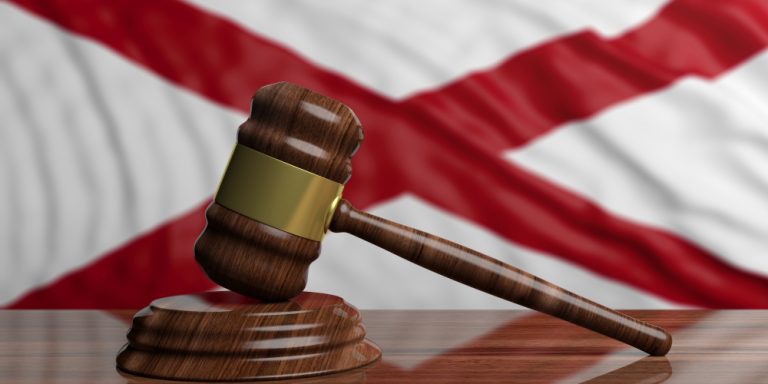Can’t Touch This! Florida Supreme Court Says Attorney-Client Privilege Protects Lawyer Referrals to Doctor
Can’t Touch This! Florida Supreme Court Says Attorney-Client Privilege Protects Lawyer Referrals to Doctor
Most Florida courts have permitted defendants to explore the relationship between plaintiff firms and the medical providers to whom they refer their clients. Unfortunately, in a 4-3 decision earlier this month, the Florida Supreme Court greatly limited defendants’ ability to do so when it held lawyer referrals are protected by the attorney-client privilege, and therefore, not discoverable in civil cases. See Worley v. Cent. Fla. Young Men’s Christian Ass’n, Inc., SC15-1086 (Fla. Apr. 13, 2017). In Worley, defense counsel sought to discover the relationship between plaintiff’s law firm, Morgan & Morgan, and her treating physicians by propounding interrogatories directed to plaintiff. The trial judge and Fifth District Court of Appeal both recognized the importance of the discovery and allowed it. However, the Supreme Court ruled otherwise, explaining that the attorney-client privilege is sacrosanct. Justice Quince, writing for the majority, distinguished prior cases allowing parties to investigate the relationships between law firms and retained experts on the basis that the treating doctors’ focus is to provide medical care. As the dissent suggested, the distinction is one of form over substance, but the opinion is binding statewide unless the Supreme Court withdraws it (which is highly unlikely) or overrules it in a subsequent case.
Where Does That Leave Defendants?
While this decision will hamper defendants’ efforts to uncover treating physicians’ financial bias, all is not lost. Worley only protects a plaintiff from being required to disclose whether his or her attorney referred him or her to a physician for treatment. Defendants remain free to seek evidence of the treating doctor’s relationship with plaintiff’s counsel through other means. For example, they may depose the providers and their office managers or billing personnel about their relationship with plaintiff’s counsel. Additionally, they may investigate the providers’ financial bias by exploring their relationships with the plaintiff attorneys’ bar (i.e. whether they sponsor bar or plaintiff firm events), billing practices (i.e. whether they accept insurance, whether they treat plaintiffs under letters of protection, and whether they bill exorbitant fees that would never be approved by any insurance company), as well as any efforts they make to hamper the defense (i.e. whether they charge outrageous fees for deposition testimony or otherwise engage in punitive practices when defense attorneys attempt to set their depositions).







